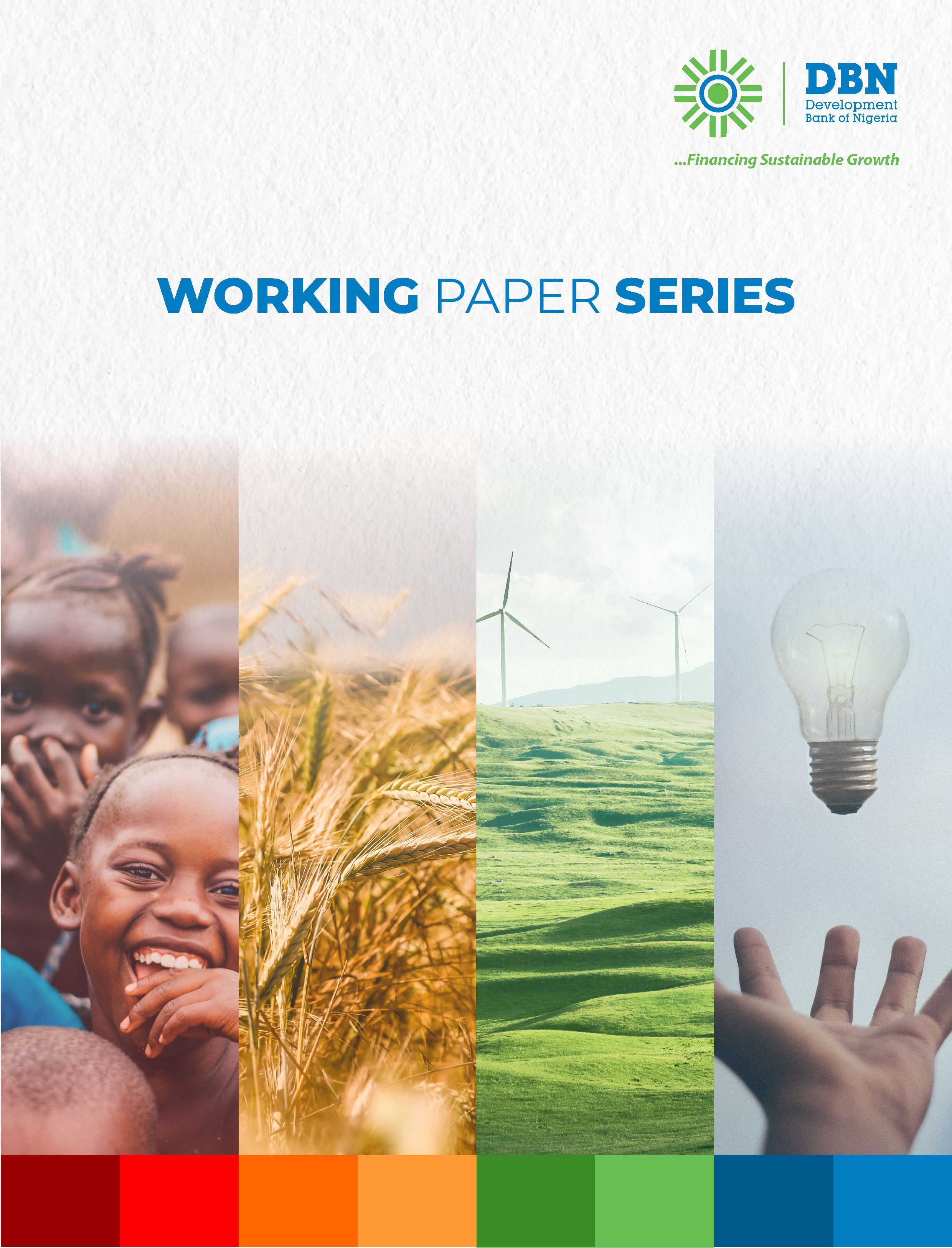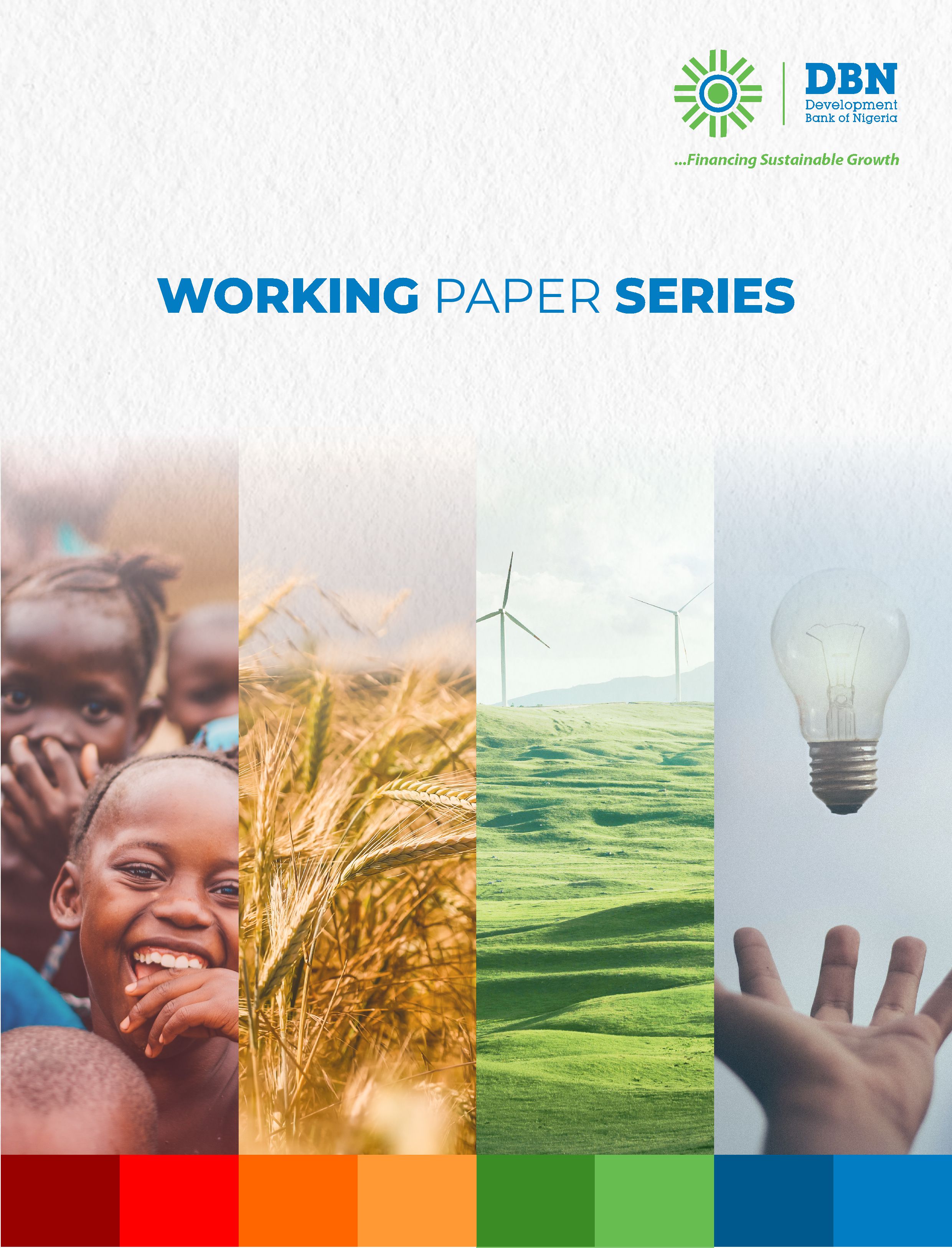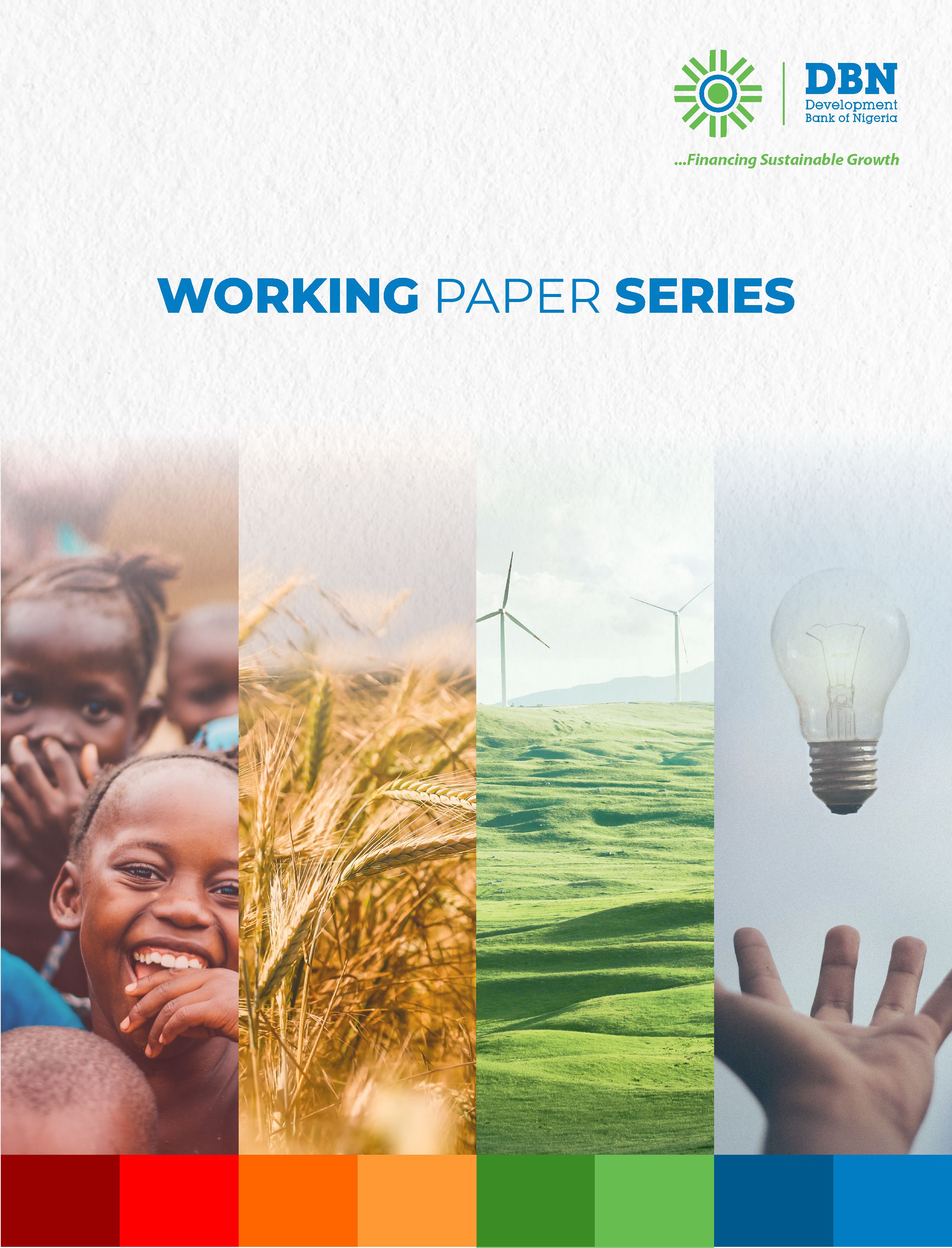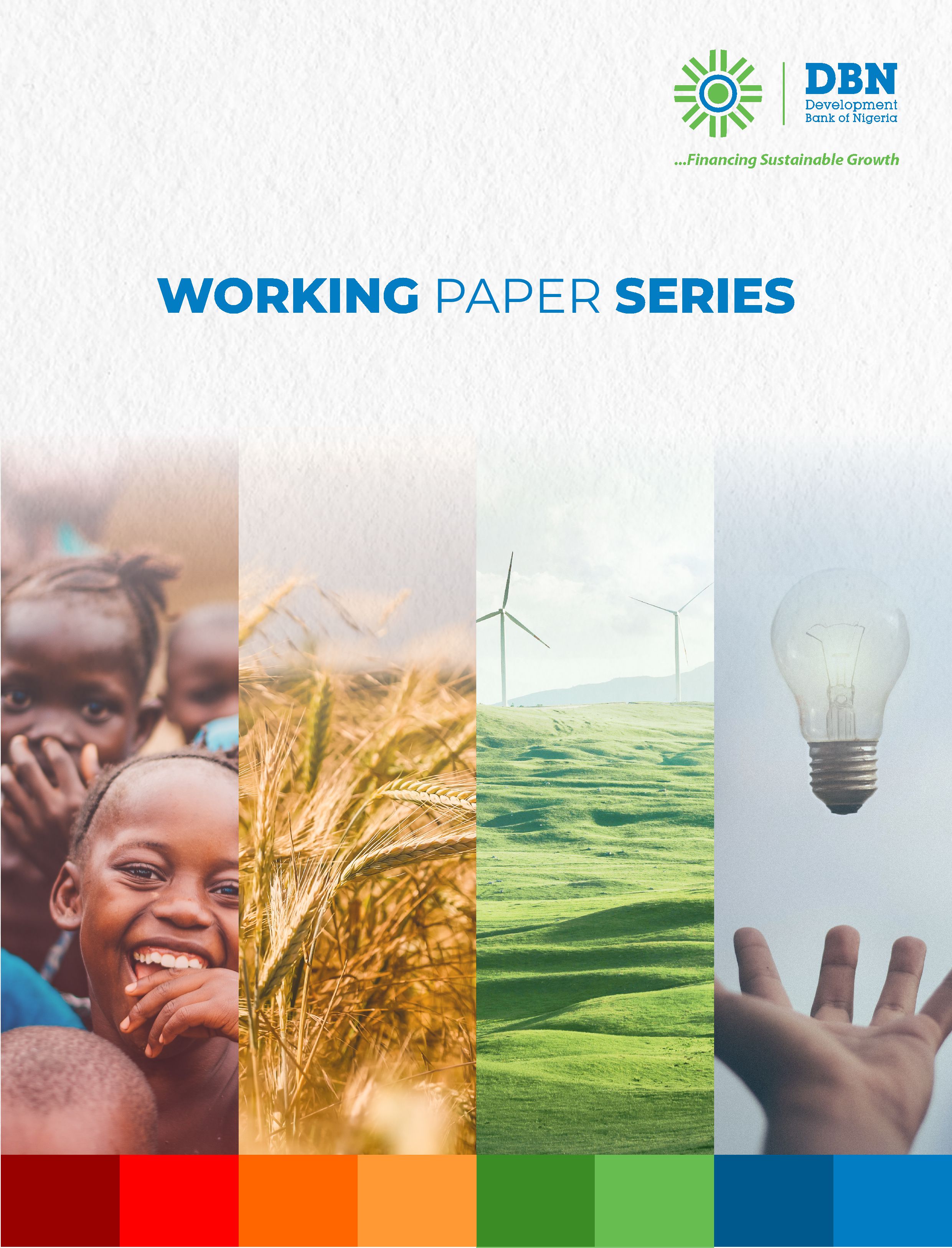
Publication Information
Published by: Admin
Published: 1 year ago
View: 312
Pages: 31
ISBN:
Abstract
The current study thus explored the impact of technological innovation and trade openness on clean energy while accounting for economic growth, access to electricity, pollution, industrial restructuring, and urbanization using data from 1990 to 2020 for both the MINT and BRICS economies. A series of test were performed for a robust analysis using second generation econometrics approaches before proceeding to investigate the long-run linkages between renewable energy and the duo of innovation and trade using the Prais-Winsten regression model with panel-corrected standard errors (PCSE) while the Driscoll-Kraay standard errors test was applied for robustness checks. The results, firstly confirm the presence of heterogeneity, cross-sectional dependence, and cointegration among the selected variables. Secondly, technological innovation as a renewable energy determinant demonstrated negative elasticities in both BRICS countries and the full sample, but a positive elasticity in the MINT countries. Thirdly, concerning trade liberalisation, negative elasticities were obtained for the full sample and MINT countries, while the elasticities were positive for the BRICS bloc. Fourthly, the roles of economic growth and environmental pollution reveal a negative impact on renewable energy consumption for all samples while urbanisation and industrial restructuring promote renewable energy developments only in the BRICS bloc. Policy implications are discussed.
Festus Victor Bekun Mr
Elvis K. Ofori
Bright A. Gyamfi
Simplice A. Asongu Prof
Ali E. Baba
Stephen T. Onifade
Related Publications

VOLUME 7 ISSUE 4 2024
Governance in mitigating the effect of oil wealth on wealth inequality: a cross-country analysis of policy thresholds


VOLUME 7 ISSUE 4 2024
Remittances, Natural Resource Rent and Economic Growth in Sub-Saharan Africa
